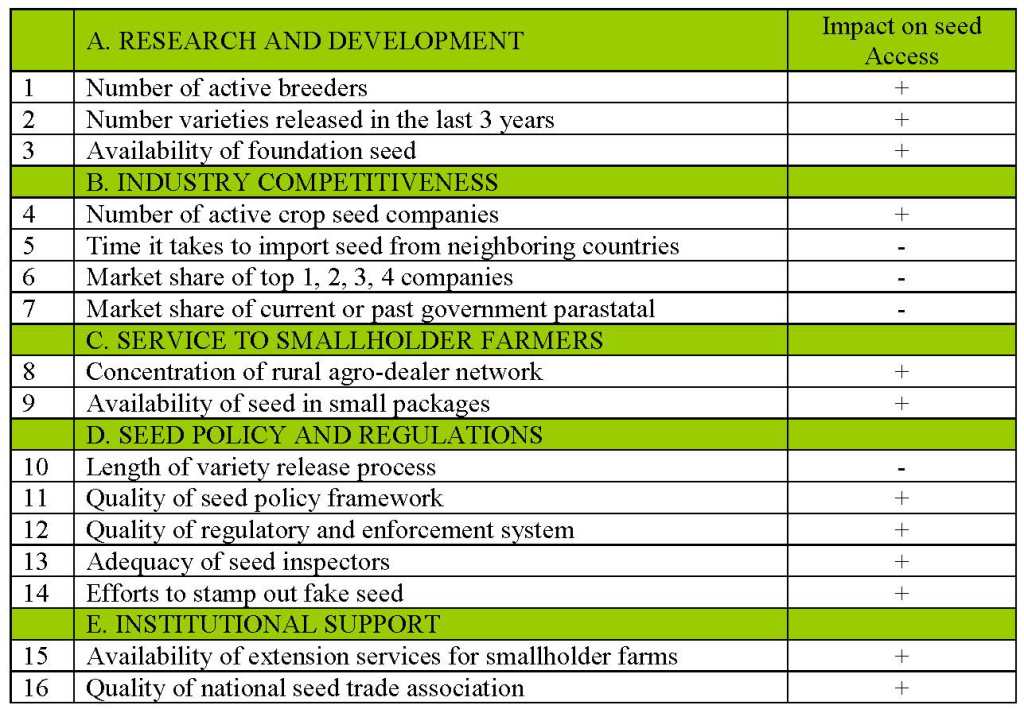Agriculture and Seed Systems in Africa
African agriculture is still characterized by low productivity attributed to vast biophysical constraints to plant growth, large agro-ecological variation, the absence of policies that encourage crop improvement, low and declining soil fertility, and the underdeveloped state of seed sectors. Improved seeds can deliver state-of-the-art technology to farmers with benefits including higher yields, disease and pest resistance, climate change adaptation, improved nutrition, longer shelf life, etc. Additionally, improved seeds do not require much technical expertise to use and are highly compatible with other agricultural technologies and techniques.
Introducing TASAI
In most African countries, the deregulation of seed markets in the early 1990s ended de jure state-owned monopolies in seed production, marketing, and distribution. Since then, significant investments have been made in liberalizing seed sectors in most African countries, resulting in increased participation of private seed enterprises (both multinationals and emerging domestic companies). However, transition towards a vibrant, private sector-led seed system has been slow because of weak enabling environments. By enabling business environments we mean a set of policies, institutions, support services that collectively improve conditions where businesses activities can start and grow (Christy et al., 2009).
The central objective of the African Seed Access Index (TASAI) is, therefore, to encourage African governments and development agencies to create and maintain enabling environments that will accelerate the development of competitive seed systems serving smallholder farmers. It is this enabling environment that TASAI seeks to measure, track, and compare across African countries. TASAI’s goal is to maintain a simple, transparent, accurate and up-to-date index that keeps a running scorecard on seed sector development in Africa, particularly as governments and development agencies are placing bigger bets on agriculture to be the engine that pulls Africans out of poverty. The intended outcome of this index is a better access to locally adapted, affordable, and high-quality seeds of improved varieties by smallholder farmers in Sub-Saharan Africa.
TASAI Methods
TASAI is built on in-depth country studies that are conducted by local research teams. The teams consist of leading academics paired with seed industry professionals to ensure both rigor in the research methods and access to the right information sources and data. For each country, TASAI focuses on the top four grain crops that are important to smallholder farmers. These crops are then tracked across 16 indicators within five categories that assess national performance in (a) research and development, (b) industry competitiveness, (c) service to smallholder farmers, (d) seed policy and regulations, and (e) institutional support. The table below shows the classification of TASAI’s 16 indicators and how each indicator impacts seed access by smallholder farmers.
Preliminary Findings
TASAI has recently released reports on four pilot countries—Kenya, Uganda, South Africa, and Zimbabwe. These reports have revealed uneven—though in many places promising—progress towards competitive seed sectors that can supply famers with a wider menu of seed options. For example, Kenya gets relatively good marks for its seed policies but scores poorly on efforts to purge fake seeds from the market, a problem that is unfortunately growing in many countries. South Africa is highly rated for having a competitive seed sector and for quickly delivering new varieties from breeders to farmers. However, it scores poorly compared to the other countries when it comes to making seeds available to farmers in small packages (less than five KGs). Kenyan seed companies, on the other hand, outshine all other countries in this category.
TASAI is an innovative new tool that can be used to support agricultural development in Africa. For NGOs, public agencies, and government departments working in rural agricultural development, the index can highlight issues that need to be addressed in order to ensure a better access to improved seeds by smallholder farmers. The index can also be used to monitor and evaluate progress in building the seed sector. Additionally, like any other investment climate index, TASAI can be used by financial investors and private seed companies to identify suitable geographical targets for investment in the African seed value chain.
A summary presentation of TASAI shows the results from the pilot countries. For more information about TASAI, please visit the project website at http://tasai.org.


